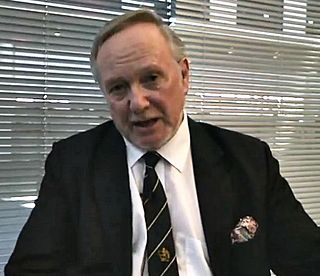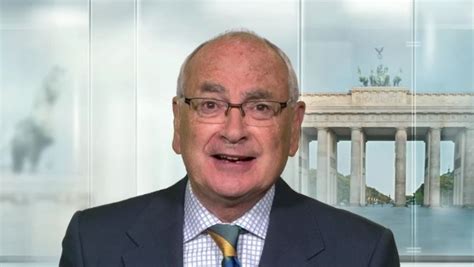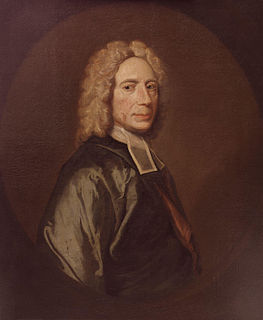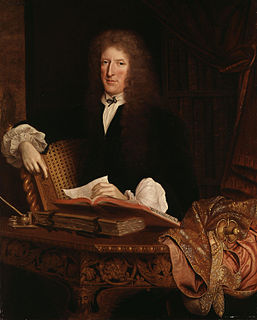A Quote by Jose Ortega y Gasset
Under the species of Syndicalism and Fascism there appears for the first time in Europe a type of man who does not want to give reasons or to be right, but simply shows himself resolved to impose his opinions.
Related Quotes
Because one species is more clever than another, does it give it the right to imprison or torture the less clever species? Does one exceptionally clever individual have a right to exploit the less clever individuals of his own species? To say that he does is to say with the Fascists that the strong have a right to abuse and exploit the weak - might is right, and the strong and ruthless shall inherit the earth.
It appears to Nietzsche that the modern age has produced for imitation three types of man ... First, Rousseau's man, the Titan who raises himself ... and in his need calls upon holy nature. Then Goethe's man ... a spectator of the world ... Third Schopenhauer's man ... voluntarily takes upon himself the pain of telling the truth.
Have faith in man, whether he appears to you to be a very learned one or a most ignorant one. Have faith in man, whether he appears to be an angel or the very devil himself. Have faith in man first, and then having faith in him, believe that if there are defects in him, if he makes mistakes, if he embraces the crudest and the vilest doctrines, believe that it is not from his real nature that they come, but from the want of higher ideals.
If a young man gets married, and starts a family and spends the rest of his life working at a soul-destroying job, he is held up as an example of virtue and responsibility. The other type of man, living only for himself, working only for himself, doing first one thing and then another simply because he enjoys it and because he has to keep only himself, sleeping where and when he wants, and facing woman when he meets her on equal terms and not as one of a million slaves, is rejected by society. The free, unshackled man has no place in its midst.
If there ever was a time for a cool, rational and unemotional series of responses on the part of people in Europe, it is now. One reason is that Russia's President Vladimir Putin and Trump are very similar: They are macho types, they are bullies - and they want the same thing: to weaken the EU, albeit for different reasons. Trump, for his part, is a protectionist of the first order, and he wants to make his vision work. He shows no interest in competition with others, but aims to go back to the 1930s.
How does one chip off the marble that doesn't belong? ... That comes about through five things: humility, reverence, inspiration, deep purpose, and joy. No great man has ever wise-cracked his way to greatness. Until one learns to lose one's self he cannot find himself. No one can multiply himself by himself. He must first divide himself and give himself to the service of all, thus placing himself within all others through acts of thoughtfulness and service.
A dogmatical spirit inclines a man to be censorious of his neighbors. Every one of his opinions appears to him written, as it were, with sunbeams, and he grows angry that his neighbors do not see it in the same light. He is tempted to disdain his correspondents as men of low and dark understandings because they do not believe what he does.







































